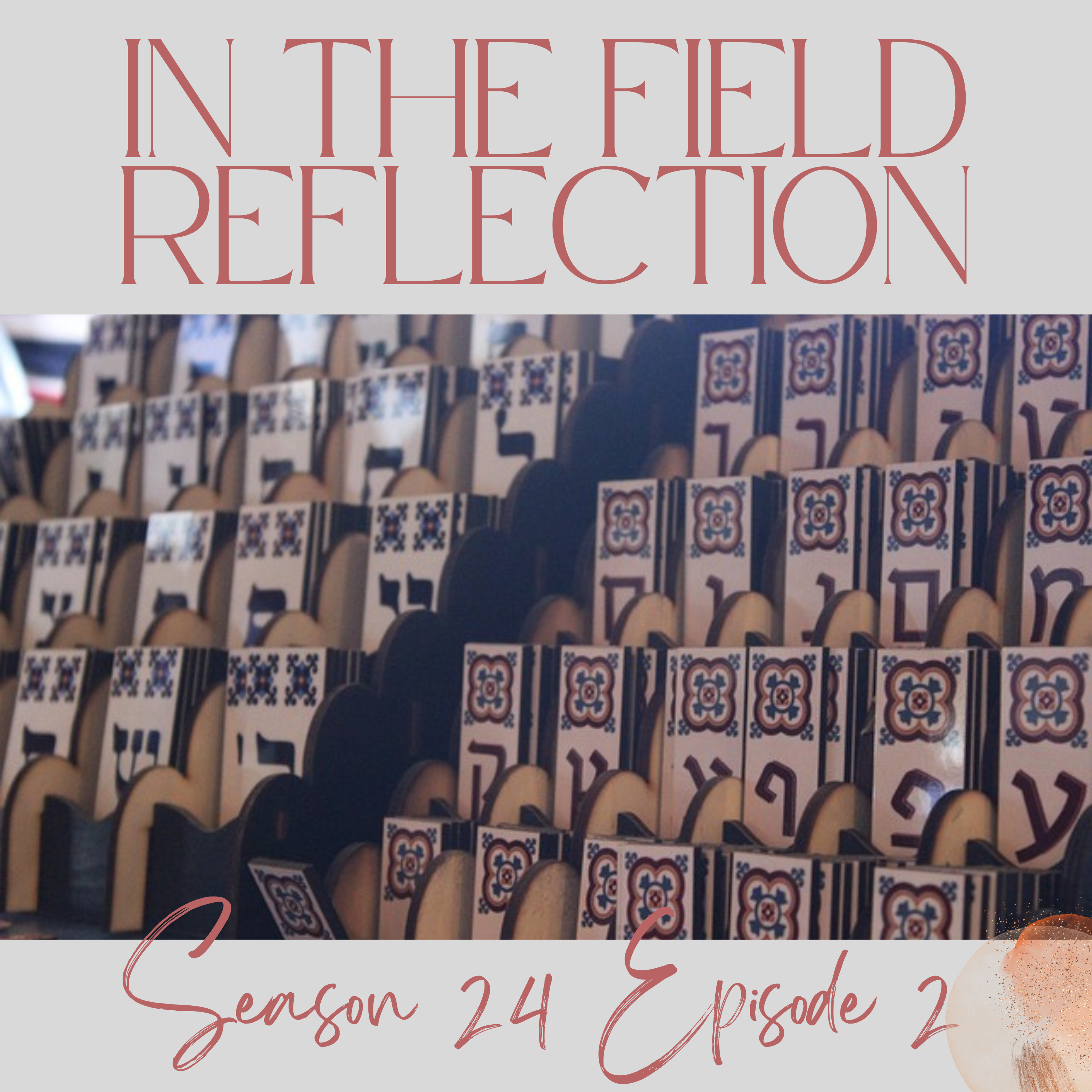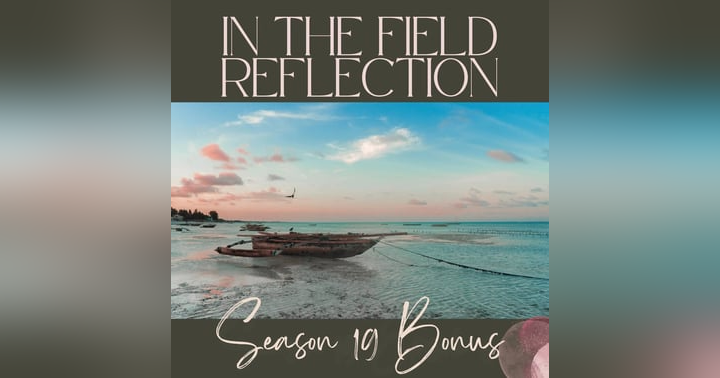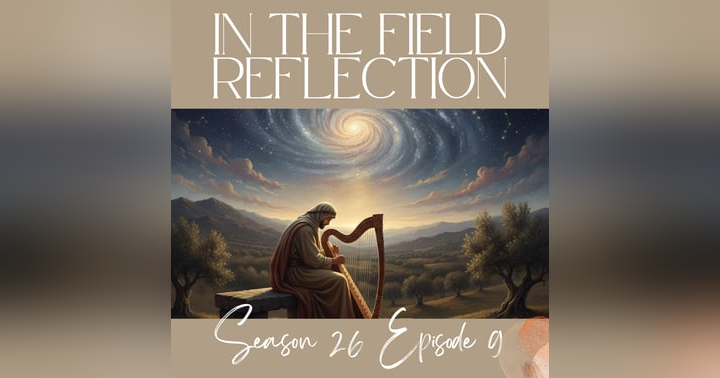Grace Among The Barley: When Faithfulness Meets God's Favor

The day opens in Bethlehem with the soft light of harvest and the ache of uncertainty. Ruth rises before the sun, a foreign widow with a woven basket and steady resolve, and walks toward the fields where the poor glean behind the reapers. She does not know which boundary line will hold mercy, which landowner will honor the law that reserves edges for the vulnerable. She knows only that hunger and hope both press her forward. The morning smells of barley and dust, the streets bristle with looks both curious and cold, and yet the call is simple: take the next step. In a world that measures worth by status and security, Ruth answers with presence. She shows up, unaware that today faithfulness meets God's favor in ways she cannot yet imagine.
The field she enters happens to belong to Boaz, a man whose greeting to his workers carries both reverence and warmth. He notices Ruth, not for what she can give but for what she has risked. He offers water, safety, and dignity, and quietly instructs his men to leave handfuls behind. The story slows so we can hear the hinge of grace: favor that does not erase Ruth’s grit but honors it, protection that does not patronize but restores agency. The text presents a model for communities—leaders who use power to shelter, teams who transform policy into kindness, and hospitality that sees the person before the label. In Boaz’s field, justice is not abstract. It is bread, water, shade, and work without fear.
By evening Ruth carries an ephah—about thirty pounds—evidence of providence measured in grain. Yet the greater provision is how she was seen. She is more than a Moabite, more than a widow, more than need. Boaz names her courage, blesses her faith, and situates her under the wings of Israel’s God. This narrative reframes lack: scarcity becomes the stage where God’s timing, character, and people converge. Ruth’s humility does not diminish her strength; it unlocks doors pride keeps shut. In bending low, she stands tall. In admitting need, she receives enough for two households and the strength to hope again.
The reading of Ruth chapter two anchors the meditation with Scripture: the law that protects gleaners, the dialogue that dignifies the outsider, the concrete steps that make mercy visible. SEO-rich themes echo through the narrative—biblical hospitality, faith in uncertainty, God’s provision, justice for the vulnerable, ethical leadership, and community care. Each verse invites practice. Set boundaries that welcome, not exclude. Notice the overlooked. Convert belief into action. Leave margin at the edges of your life so others can glean. Refuse to let fear narrow your field of compassion.
As twilight settles, the episode gathers three lived lessons. First, show up. Faith begins with a step into the field you’d rather avoid. Obedience outruns certainty, and courage often looks like quiet consistency. Second, choose humility. When we release our demand to control outcomes, favor can find us and wisdom can guide us. Third, become a conduit. God’s provision often arrives through people who decide to see and to act. Be the person who leaves extra—extra time, attention, resources—so someone else can carry hope home. Ruth’s basket is full, but so is her heart, and that is the measure that lingers.



